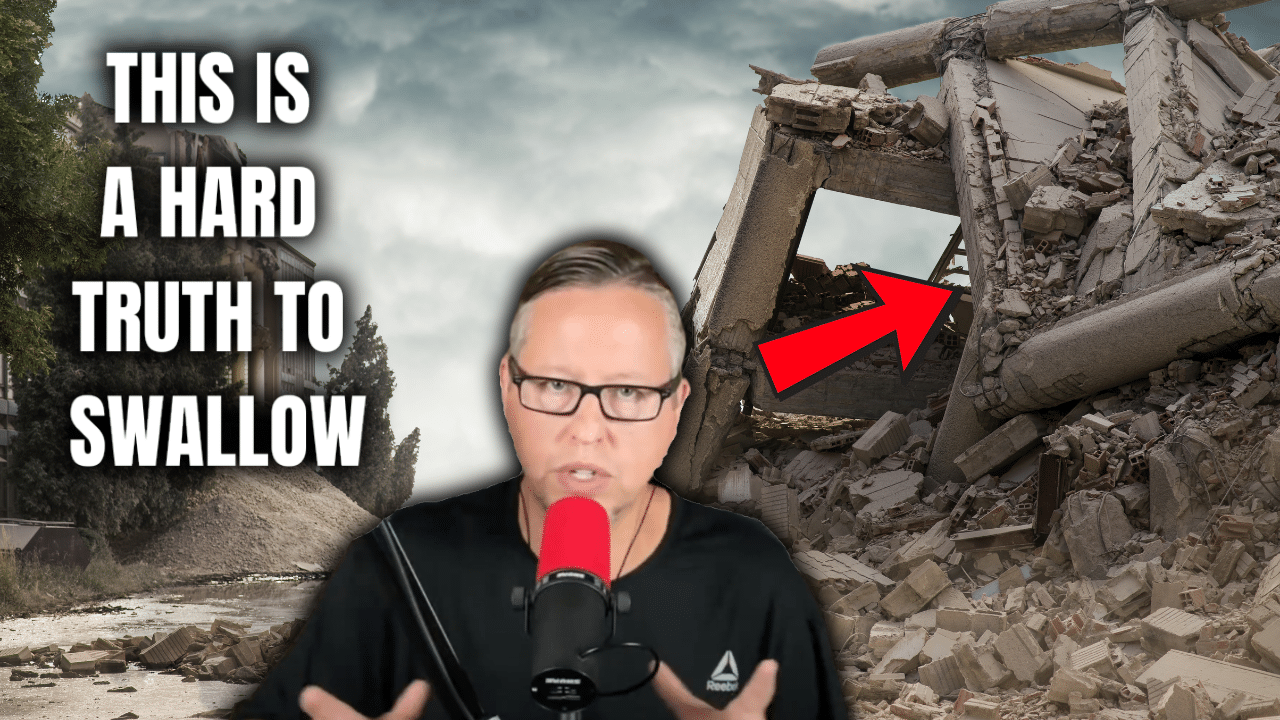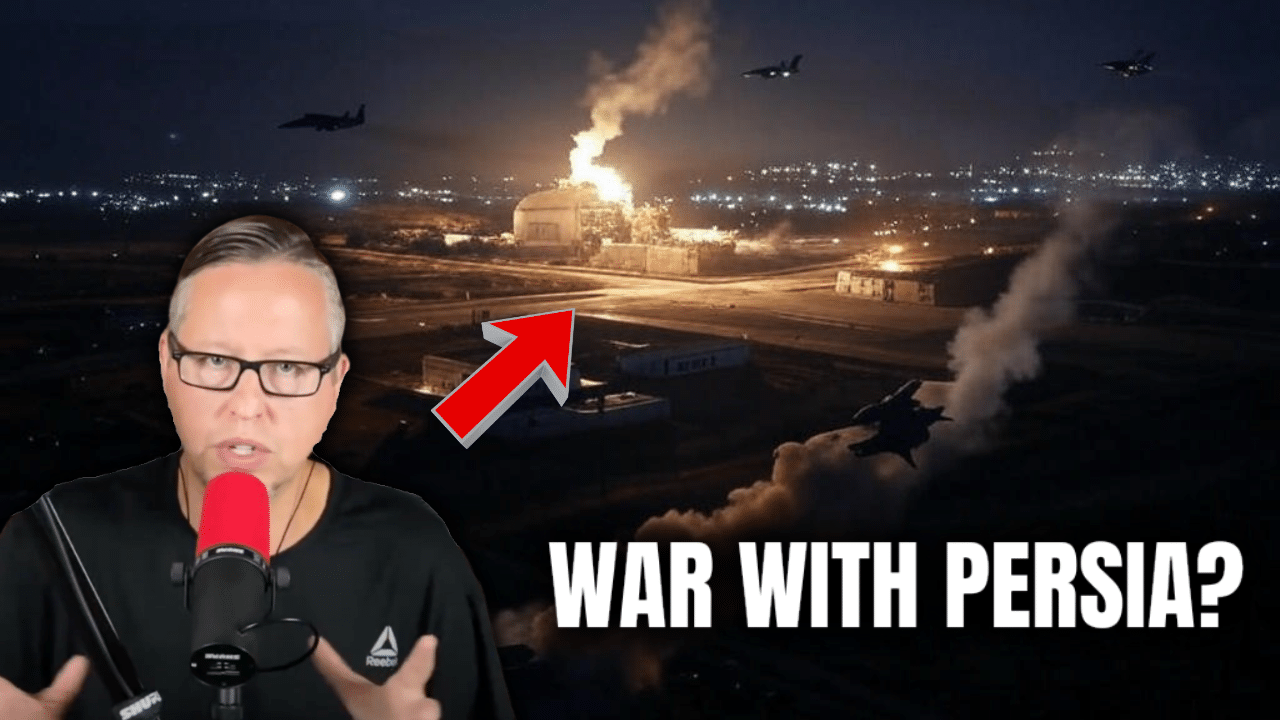In a stunning turn of events, former President Donald Trump has once again ignited global headlines with a dramatic shift in U.S. foreign policy toward Russia.
On March 2, 2025, the Daily Mail Online reported a development that has left political analysts, NATO allies, and the American public reeling: “Trump shocks as he makes huge concession to Russia: ‘Putin’s on the inside now.'”
This bold statement, attributed to sources close to the administration, signals a potential reconfiguration of U.S.-Russia relations, raising questions about national security, diplomatic strategy, and Trump’s broader geopolitical vision.
The cornerstone of this concession appears to be a directive from Defense Secretary Pete Hegseth, who, according to the Daily Mail, ordered U.S. Cyber Command to halt offensive cyber operations against Russia.
This move, reported on March 2, 2025, is seen by some as an olive branch to Russian President Vladimir Putin, possibly aimed at coaxing him into negotiations over the ongoing war in Ukraine.
The decision marks a stark departure from previous U.S. efforts, which included specialized cyber task forces within the National Security Agency and Cyber Command designed to counter Russian cyberattacks in real time.
Critics, as noted in the Daily Mail article, warn that scaling back these operations could leave the United States more vulnerable to Russian cyber threats.
“Those warnings led to the creation of specialized cyber task forces… designed to counter Russian cyberattacks in real-time,” the article states, underscoring the potential risks of this policy shift.
The timing is particularly notable, coming just weeks after posts on X on February 13, 2025, suggested Trump was already signaling concessions to Russia before formal negotiations had begun—a move that reportedly “horrified and outraged” NATO partners.
The Daily Mail piece frames Trump’s concession as part of a broader strategy, quoting unnamed sources who suggest the former president believes Putin is now “on the inside” of his administration’s plans.
While the exact meaning of this phrase remains ambiguous, it aligns with Trump’s past praise of Putin and his stated intentions to improve U.S.-Russia relations.
Social media posts on X from March 2 and 3, 2025, reflect a mix of alarm and skepticism among users, with some calling it a “huge mistake” and others speculating about Trump’s motives.
This isn’t the first indication of Trump’s willingness to engage with Russia.
An earlier X post from February 13, 2025, by user @RealJakeBroe claimed that Trump had “unilaterally announced concessions to Russia on US policy” and expressed intentions to visit Russia while inviting Putin to America.
While these claims remain unverified by official sources, they foreshadowed the Daily Mail’s March report, suggesting a pattern of outreach that has left allies on edge.
The concession comes amid strained U.S.-Ukraine relations, highlighted by Ukrainian President Volodymyr Zelensky’s comments in the same Daily Mail article.
Following a reportedly “disastrous” Oval Office meeting with Trump, Zelensky stated he was “ready to sign” a minerals deal with the U.S. but insisted he “just wanted [the] Ukrainian position to be heard.”
This suggests that Trump’s pivot toward Russia may be pressuring Ukraine into concessions of its own, potentially weakening its stance in the ongoing conflict.
The Daily Mail notes that Hegseth’s directive could be tied to negotiations over Ukraine, with the halt in cyber operations serving as a bargaining chip to bring Putin to the table.
However, this gambit has sparked fears that the U.S. is ceding leverage to Russia at a critical juncture, especially as NATO partners grapple with the implications of a less confrontational U.S. posture.
Politically, the concession could reshape Trump’s legacy and the U.S.’s role on the world stage. While supporters may view it as a pragmatic step toward de-escalation, detractors argue it undermines decades of U.S. policy aimed at containing Russian aggression.
The Daily Mail hints at this tension, noting that “NATO partners are horrified and outraged” by Trump’s overtures, a sentiment echoed in earlier social media chatter.








